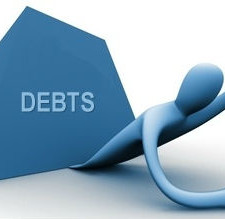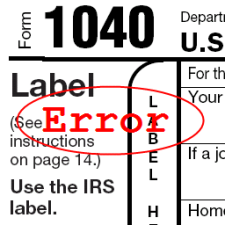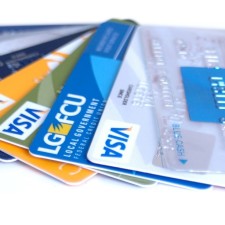Investment Strategies Specifically for Retirees
There are two pillars one should build to support a comfortably well-funded retirement: saving/making money and making wise choices with that money. The wise choices include a great number of practical decisions, some bigger than others. For instance, you can wear a sweater in the winter and open windows in the summer to save on heating and cooling bills. Or you can do the necessary research and saving and move to someplace temperate where the thermostat and AC play less of a roll. You can drive your car as little as possible or sell the car and (re)locate somewhere with a good public transportation infrastructure and system. Obviously, you should choose whichever works better for your situation.
Regarding that situation you choose for retirement- everyone’s is going to be different and all investment decisions should be tailored to that reality. However, there are some general investment choices that can more generally be applied to yield a good return for your golden years.
Invest in Index Funds
Some investment specialists will suggest you get out of the stock market altogether for retirement, citing the risk. I disagree. Despite its fluctuations (and everything finance-related fluctuates) the stock market still offers good and safe returns if navigated shrewdly. I recommend people have roughly half of their portfolio in stocks. I also suggest lower risk options like Index Funds. Index Funds allow for stock investment that doesn’t live or die by the fortunes of a single or even a few stocks. Of course, the yields can be more modest but they tend to be more consistent too.
Gold
I’m not really in the prognostication-of-doom school of investment. Economies rise and fall and can do both fairly sharply but chances are they won’t do so entirely. People snap gold up when the economy starts to waver. I, however, prefer to sell when the price is high. Gold is a good, solid (and heavy), guaranteed-to-always-hold-value commodity and it tends to give me warm fuzzies regardless of the financial weather. When the price dips after a run like we had recently, I cheerfully buy gold. When the market gets a little edgy and the price shoots up like that run we had recently I cheerfully sell gold. If you’re not comfortable with the thought of actual, physical gold in your possession- do your Mr. Monopoly buying and selling with a gold Exchange-Traded Fund (EFT).
Weapons
First gold, then weapons. I feel like I should be writing for an apocalypse-prepper blog! Weapons- chiefly firearms and older, rarer military weapons- are, like gold, a consistently valuable commodity. And unlike gold, their value virtually never depreciates. This is due I believe to an extremely complex economic theory; one that may be hard for the layman to understand. I’ll do my best to break it down though: they remain valuable because people, men in particular, think they’re cool. However, I’d say don’t invest in them at all without a sturdy gun safe or other safe, secure storage location. Thieves love to find guns because they’re valuable and easy to sell. One of the biggest risk of weapon investment- when the time comes to do so, fellas, you have to be willing to sell them.
Real Estate
There’s nowhere near enough room here to go into the dos and don’ts of flipping houses and/or managing rentals. Those are investment choices that can be risky, can go south on you, are often fairly dependent on trusting a number of other people not to trash your investment and often require a great deal of often hands-on hard work, know-how, skill for reading neighborhoods, eyeballing deals, finding consistently fair and skilled subcontractors and etc. If that doesn’t sound like a fun way to spend your retirement, consider enlisting the aid of a property management firm. For an even more hands-off real estate investment path, look into investment in a Real Estate Investment Trust (REIT).
Finally
Finally, even though it’s probably nothing you haven’t heard before- diversify, diversify, diversify. Spread most of your money around to a number of stable, consistently-yielding endeavors even if they’re modest. For the remainder- keep some liquid capital on hand for investment opportunities you encounter, security, flexibility, etc. And always take advantage of your situation as best you can. If you’re a British expatriate pensioner, put your pension funds in a low-tax QROPS or QNUPS program. If you’re ex-military, do your research on investment opportunities for vets, etc. With some good choices, retirement can be, at the risk of wild originality, fun and profitable.








